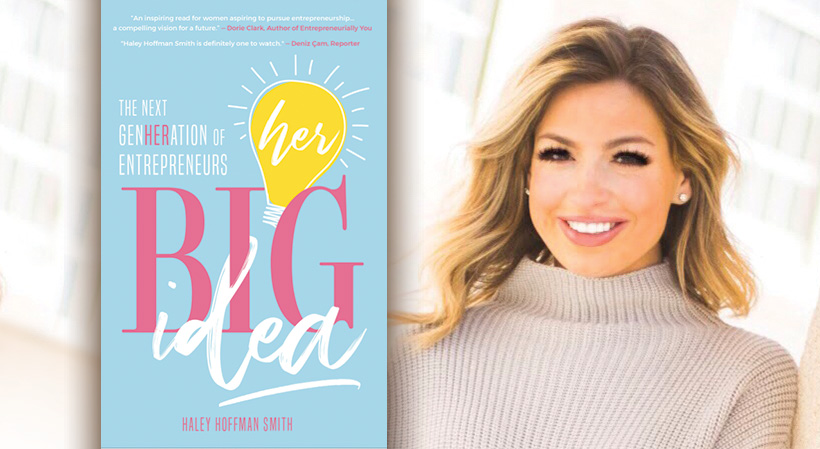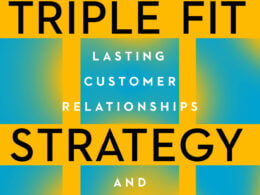The following is excerpted from “Her Big Idea: The Next Genheration of Entrepreneurs” by Haley Hoffman Smith via New Degree Press. Published June 2018.
Kara Goldin had a Diet Coke addiction.
I really don’t blame her. I, too, have a strenuous romantic relationship with Diet Coke.
But Goldin was bordering on eight to 10 Diet Cokes a day, and while I can’t say I haven’t done it, I have to say that’s a true addiction.
It’s an addiction many suffer from, and not just with Diet Coke.
Goldin was an executive at AOL and a mom to four. She certainly did not have the extra time or energy to be worrying about this addiction, nor how it led to her pre-diabetic state.
She knew she had to do something to save her health and her sanity because boring old water as an alternative was not going to sustain itself.
And, she had to do it quickly, because it takes about two weeks to wane off a soda addiction.
So, she started to look for healthier choices such as flavored waters and found that none of them really fit the bill for an actual healthy alternative—between the bubbles, the fizz, the exotic flavors, and the vibrant colors of the water itself (health with a side of artificial dye, anyone?), none of the alternatives were really compelling enough to satisfy what she was looking for.
She began to experiment on her own. She sliced up fruit, let it soak in her water, and had created a seemingly simple new drink based on simplicity and health.
She didn’t think anything of it until her mom called her to ask where she got the raspberry water Goldin was always drinking, because she wanted to buy some for herself.
And, today, that same drink is called Hint Water.
Related: Problem Solvers: These Entrepreneurs Offer Innovative Solutions
What’s compelling about Goldin’s story isn’t necessarily that she started a booming business. It’s that she solved her own problem. She wasn’t thinking about business or entrepreneurship or profit margins when she dunked some fruit into her water.
Similarly, founder Drew Houston solved his own problem when he created Dropbox. He was annoyed that he’d left his flash drive all the way in Cambridge—four hours from where he was working in New York City.
This problem-solving capacity made their ideas magic. They were their own target customers. And, in both of these cases, the target customer market segments presented massive opportunities.
They both made great products. But they were also both very lucky.
Believing that a product or service that solves our own problem will catch on and be successful out on the market isn’t always true.
Even though we think our own problems are similar to those of our target customer base, that’s not always true. Because, the truth is, those of us who are always thinking like entrepreneurs and have high aspirations to start a BIG company with a BIG idea one day—well, there aren’t that many people out there like us.
It doesn’t matter if we fit the same age demographic, location, interest, you name it.
Sign Up: Receive the StartupNation newsletter!
We aren’t always like the rest. Some serious market research needs to take place before we slap on the “good to go” sticker and start mass-producing our product. So, before you believe that your solution to your own annoyances is the one and only magic and BIG solution, ask around and do some digging.
Your future idea will thank you.
“Her Big Idea” is available now at fine booksellers and can be purchased via StartupNation.com.






